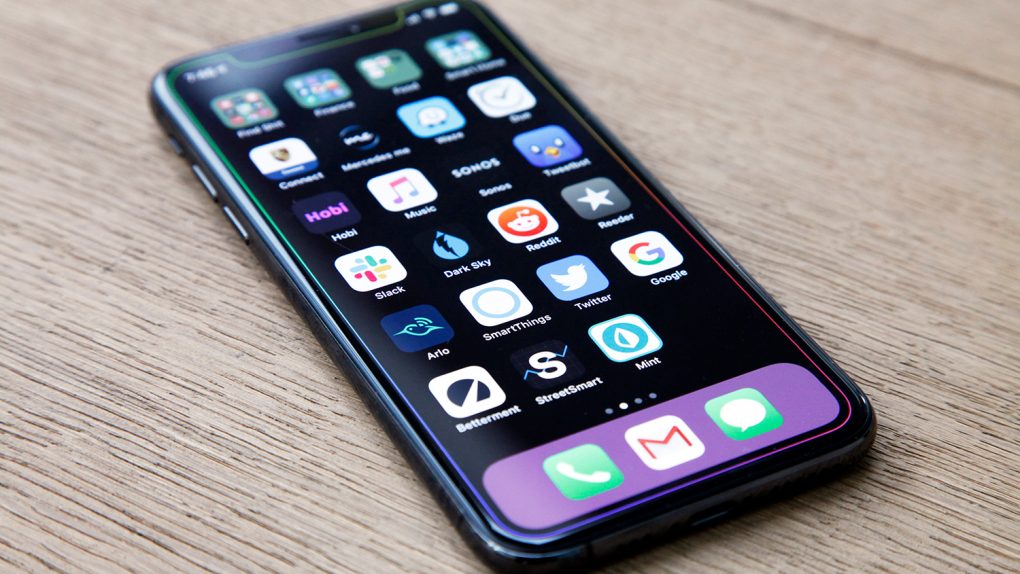Thanks to market saturation and incremental upgrades, it seems that the excitement for Apple’s forthcoming iPhone 11 lineup isn’t as palpable as we’ve seen in years past. In light of that, it will be interesting to see how Apple’s next-gen iPhones perform from a sales perspective. Recall, Apple’s earnings report for the June quarter revealed that the iPhone accounted for less than half of Apple’s total revenue, something we haven’t seen since 2012.
In an effort to better ascertain how consumers will respond to Apple’s iPhone 11 lineup, Wallethub recently surveyed more than 1500 iPhone owners and came away with some interesting data points. Specifically, the survey revealed that “28% fewer people plan on buying the new iPhone this year than last year.”
All in all, this isn’t terribly surprising given that iPhone owners are holding onto their devices for longer periods of time than ever before. Whereas iPhone owners would routinely upgrade to a new device every two years, the refresh cycle today can extend well beyond three years. This dynamic can be attributed to a number of factors, including the elimination of generous carrier subsidies, incremental annual upgrades, and the simple fact that iPhones are more durable than ever.
To the latter point, Wallethub’s survey found that many users will only purchase a new device if their current one breaks. In other words, the days of brand new features driving upgrades appears to be a thing of the past, though the iPhone 5G in 2020 might change that.
So what motivates iPhone users to upgrade these days? Wallethub’s survey found:
- Wait until my current phone breaks: 57%
- Wait until there’s a good deal: 30%
- Wait until there is a lot of buzz about a new phone: 7%
- Wait until the next iPhone drops: 6%
Interestingly, though not surprisingly, 94% of respondents said that new smartphones are getting too expensive. Consequently, 47% of respondents indicated that the price of new smartphones precludes them from upgrading. Meanwhile, 38% of respondents indicated the next phone they purchase will depend on the price.
Apple, meanwhile, seems to have no qualms about releasing pricey devices while ignoring the low-end of the market. The wallet-friendly iPhone SE, for example, was a huge hit for folks who prefer a smaller form factor and Apple hasn’t updated it in two and a half years.
As to the impending iPhone 11 release, Apple is expected to release three new successors to last year’s iPhone XR, XS, and XS Max. All devices will boast improved hardware, with the XS Max successor likely to boast a three-lens camera scheme.
All that said, Apple is managing its iPhone sales decline quite well as the company continues to see huge boosts in revenue from its burgeoning services division and impressive sales from its line of wearables.








